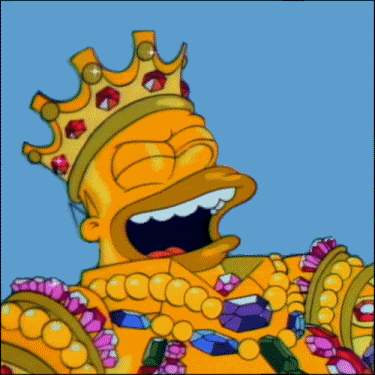Precisely, yet without a set of immutable traits the word would cease to be meaningful (though one could argue that it's already meaningless).
This reminds me a bit of the "What does it mean to be a man?"-thread sometime ago, if there are no "requirements" of being a "man", then what point is there in calling oneself a man (in a non-biological sense that is)?
What I've noticed is that even if there is no strict definition at hand, one draw upon the historical/present connotations to words such as "feminine"/"masculine"/"man"/"woman"; the positive ones for some situations, such as when describing oneself or someone else, and the negative ones for others, when you're using the terms to put someone down - "Women are unlike men Z, and they are thus not suited for X"
Pretty much my thoughts on the matter, if there was some universal definition or some intrinsic element to the words then I probably wouldn't have any issues with them.
I wouldn't say that it is meaningless simply because there is very little that is immutable about it; just that the meaning changes based on the context. As Dev mentioned, "Feminine" and "masculine" mean different things in different times and places - but they still defined what meant to be male or female in those times and places, even if those things were contingent.
But I do think that it is good to be aware that those things don't actually represent anything more than socially-created labels. When people aren't aware of that and think that those definitions of masculinity and femininity describe something intrinsic about maleness or femaleness, the sort of sex role theory nonsense that you were talking about happens.
Given the variety of gender constructions and ways of defining masculinity / femininity, I don't think it could be any different.
I don't mean to intrude, but I don't get the title.
Explained in the OP!
Edit: *shakes fist* Totally would have responded first if it weren't for the above!




